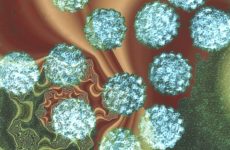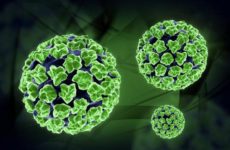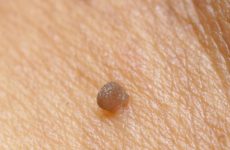The human papillomavirus or HPV is an infection that affects epithelial tissues and contributes to the formation of warts on the skin and mucous membranes.
For many years, he was among the harmless, until in the 70s of the 20th century, the German scientist Harold Zur Hausen failed to find evidence that HPV types 16 and 18 are oncogenic and can provoke the development of a malignant tumor of the cervix.
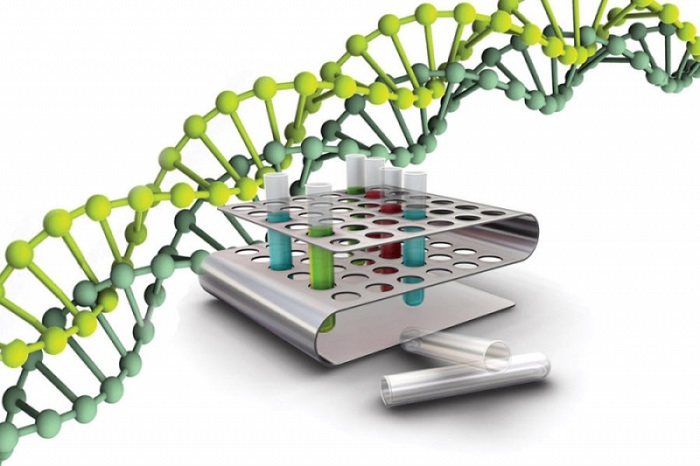
It is the digestion test in medicine that is considered the gold standard in the diagnosis of precancerous conditions and cervical cancer. This assay is a development by Digen and is a molecular technology aimed at identifying specific components of HPV DNA.
Содержание:
What is Digene Analysis?
The Digene test is one of the most reliable and modern laboratory tests, which allows you to determine or reject the human papillomavirus with a high degree of oncogenicity with absolute accuracy. Such a virus is dangerous in that it can cause the development of cervical cancer and patients older than 30 years.
According to the results of statistical studies, due to the lack of preventive measures and the untimely treatment of cancer of the reproductive system, about 17 women die every day in the world. At the same time, 16 of them were of reproductive age and could well become pregnant and give birth more than once.
According to medical experts, the human papillomavirus is usually transmitted through sexual contact. Thus, even adolescents who have begun sexual activity at an early age are at risk. In practice, there have been cases when newborns become infected when passing through the birth canal.
When he is appointed
The very fact of the presence of the virus is not yet a confirmation of the disease. If it was found, then this is a reason for further examination and more thorough monitoring of the state of the organs of the reproductive system.
When diagnosing HPV of a high oncogenic type, a person undergoes a stepwise study. The first step is to take a cytological smear. If the results of this test are positive, then a colposcopy is taken. In case of detection of pathological areas, a biopsy is performed.
Your doctor may order an HPV test if:
- If HPV is suspected, when there was unprotected sexual contact, itching and burning sensation in the genital tract, genital infections, as well as inflammatory processes in the cervix or on the penis ;
- After receiving a course of HPV treatment, in order to make sure that therapeutic measures have been effective;
- During screening or preventive examinations in patients.
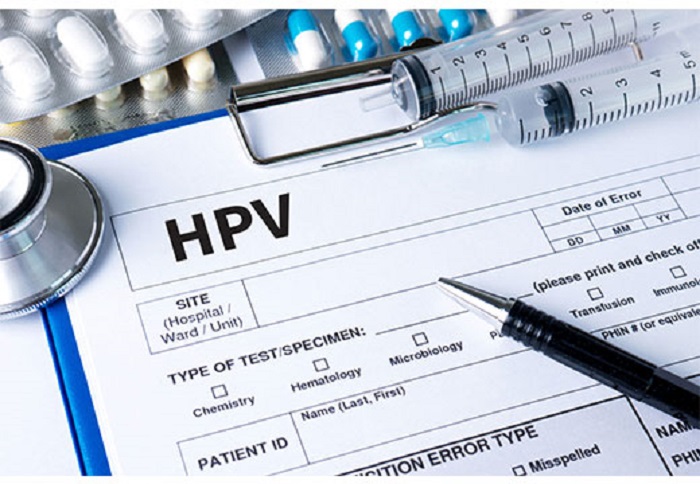
If we talk about the frequency of studies, the first such analysis is recommended to take place in the first three years after the start of sexual activity.
If the patient is under 30 years of age, then it is recommended to take an analysis for papillomavirus at least 1 time within 3-5 years. When a negative result is obtained, a re-examination should be carried out after the next 3-5 years. If the result is positive, then additional studies will be required.
If we are talking about women over 30 years of age, then doctors recommend laboratory tests for the presence of HPV every 5 years.
If the result is negative, a second analysis will be necessary after another 5 years. If the result is positive, then, as in the case of the previous age group, additional tests will be required.
Where can I get tested
You can take a digestion test as prescribed by a doctor, or on your own without a referral from a specialist. You can take such a study in any laboratory or medical institution.
Advantages and disadvantages of the method
Digen test for the detection of oncogenic HPV is one of the reliable methods of analysis that allows you to identify oncogenic types of pathology at an early stage. This method is widely used in Europe and the USA.
As the key advantages of the digest test, experts identify:
- the ability to detect 18 types of the virus, 13 of which are highly oncogenic;
- allows you to get the most reliable results;
- such a study is painless and less traumatic for the patient;
- you can get results in a relatively short period of time, which varies from 3 to 14 days;
- the analysis reveals the exact level of HPV concentration in the body;
- research is simple and objective.
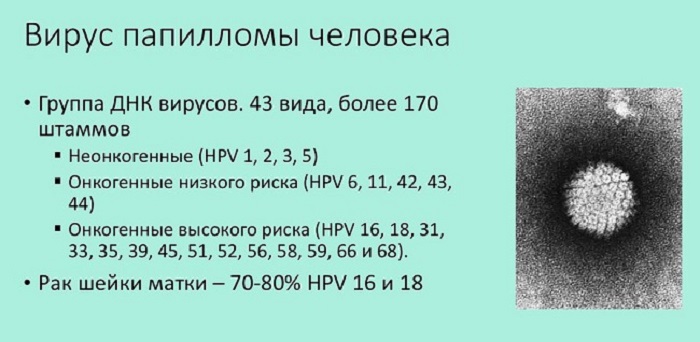
The main drawback of the digestion test is its high cost.
Preparing the patient for the procedure
To obtain the most objective result for the study, it is necessary to prepare in advance:
- Prior to biomaterial sampling, smoking, as well as the use of alcoholic beverages and coffee, should be excluded. This should be done at least two hours before going to the doctor.
- During the week before the study, it is necessary to adhere to a dietary diet, which consists in the rejection of fatty, smoked and spicy foods.
- Sex is also unacceptable 3 days before the test.
- 2 weeks before the examination, it is necessary to exclude the use of antibiotics and immunostimulants.
Human papillomavirus test technology
The biomaterial for the digestion test is collected on a gynecological chair, since pathogens in women tend to concentrate on the cervix. Before visiting a gynecologist, you should go through the simplest gynecological procedures. It is also necessary to exclude the introduction of vaginal suppositories.
Before taking the material, a conversation is held with the patient regarding the presence of special complaints. After the doctor proceeds to a gynecological examination. The doctor, using a cytological brush, takes a smear from the cervical canal, after which he leaves the material on medical glass, which is examined in the laboratory.
In order for the result to be accurate, the second glass slide is left for cytological examination. See also material on the topic: HPV type 16, quantitative analysis, decoding .
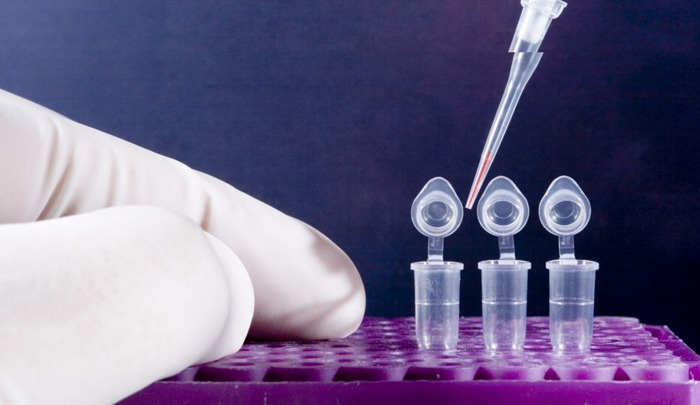
Decryption results
The patient receives the result in the form of a form, where the identified types of HPV are reflected in tabular form. As noted earlier, the dajin test detects 18 types of the virus, 13 of which are types with a high level of oncogenicity, and the remaining 5 are low-oncogenic types.
The obtained negative result can be interpreted as the absence of HPV strains in the collected biological material. If the results say that the level of virus DNA is above 1 relative unit, then such a result is considered positive. If we are talking about monitoring the effectiveness of ongoing treatment, then the indicator is a change in the concentration of HPV. Find out also what HPV is, deciphering the results of the analysis
Existing contraindications
This type of study is minimally invasive and therefore has no contraindications for any category of patients.
Digen test, despite the high cost, can prevent very serious diseases and prevent the further development of the pathological process.


